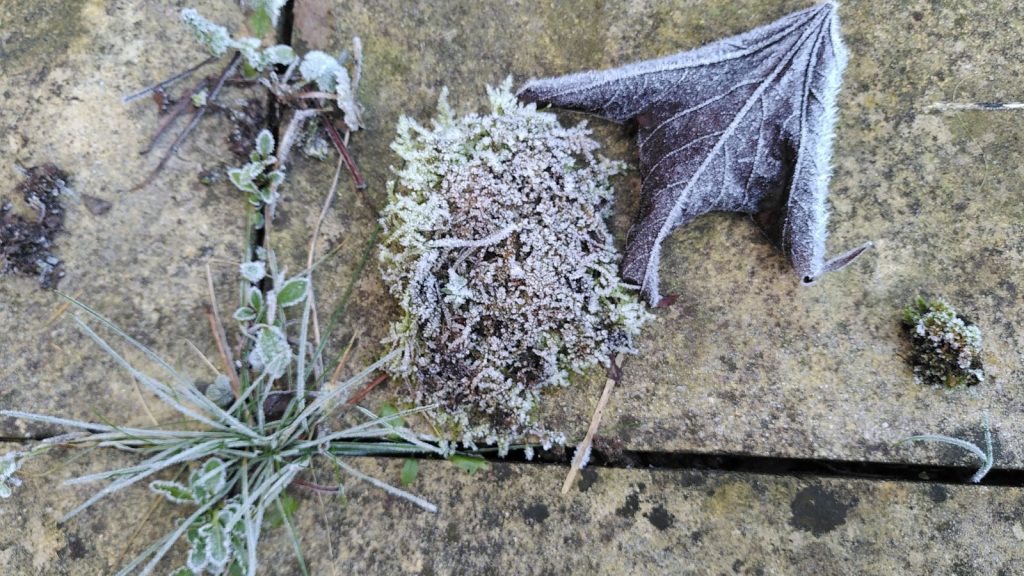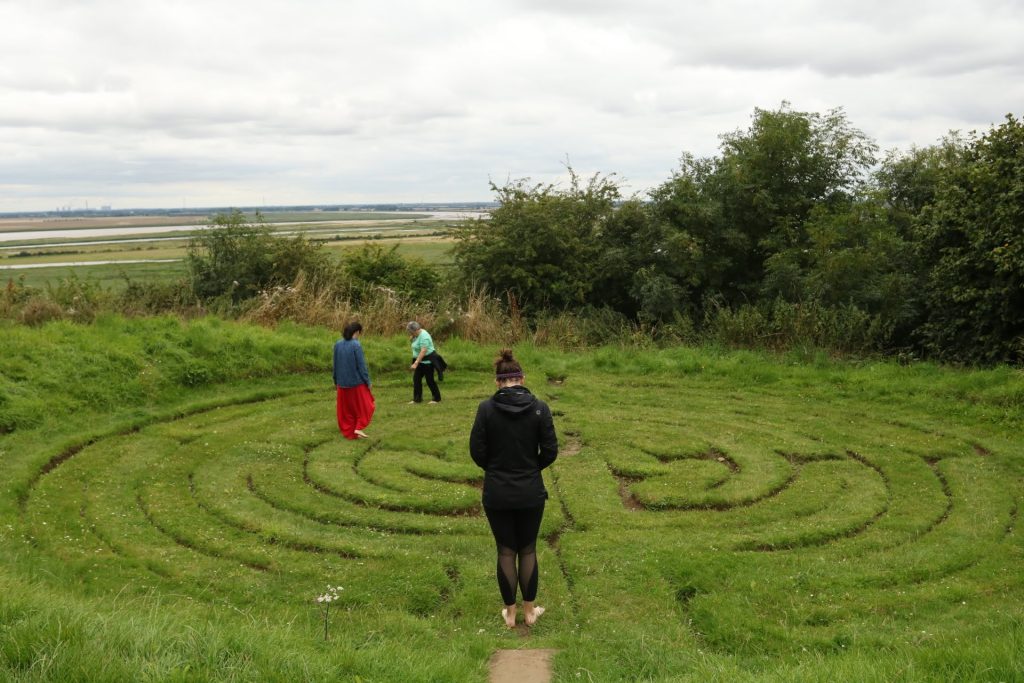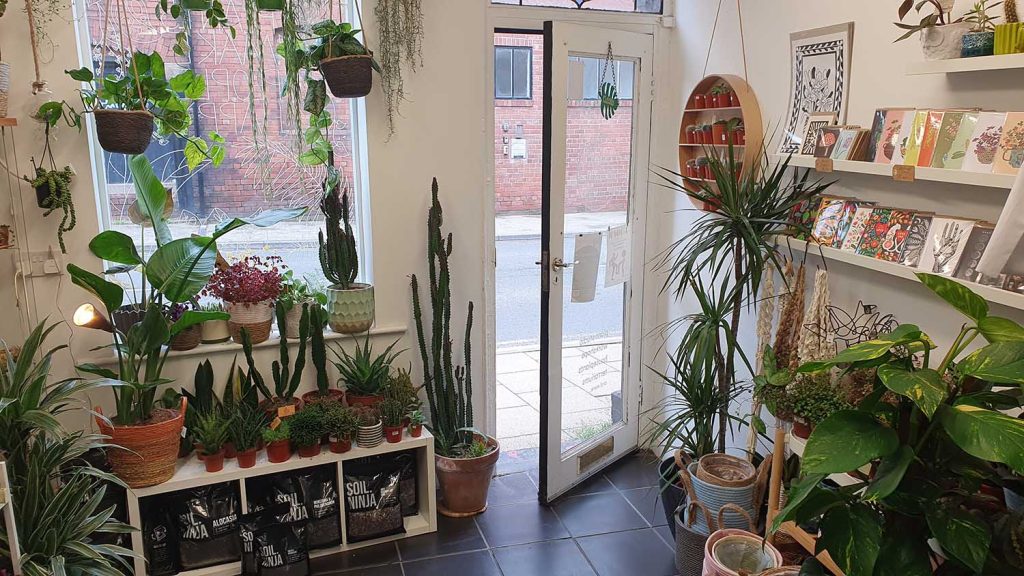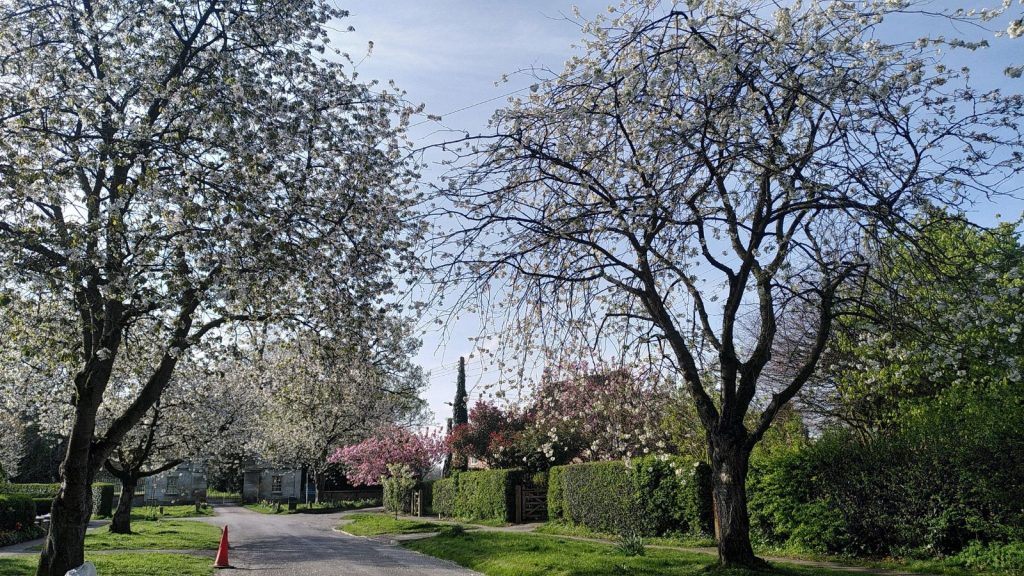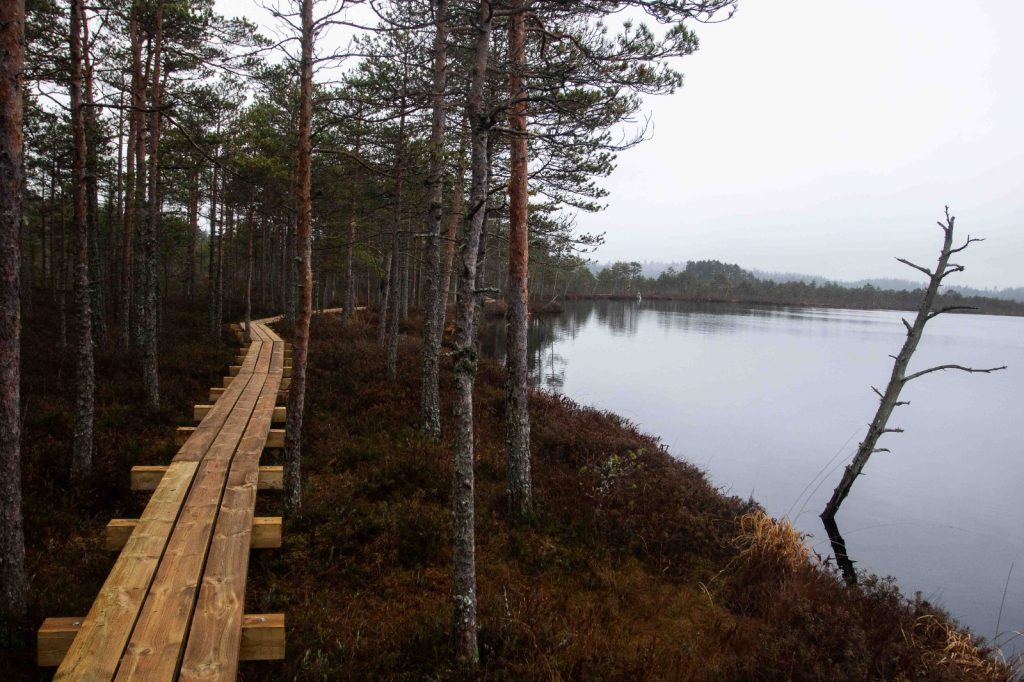Introducing our Wellbeing Practices
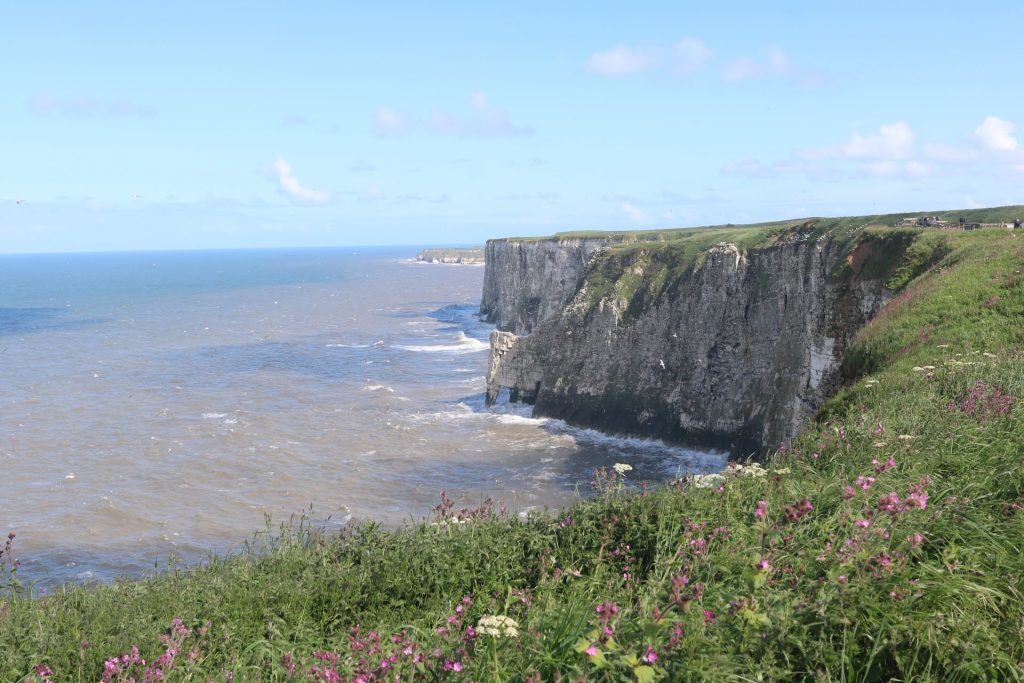
Missed Part one? Find it here.
Daphne here now – with help from some of With Many Root’s lovely team – exploring more of the ‘whats’ and ‘hows’ of our wellbeing practices. (For more about me if you’re interested, there’s a brief bio on the WMR website here and more detail on my own blog here.)
Firstly, to set wellbeing practices in the context of the ‘business as usual’ world, the organisations with the best offer for their staff – in addition to legal requirements of the Health and Safety at Work Act (1974) – will usually cover three main areas: an Employee Assistance Programme (EAP) offering counselling or support services, usually via an external provider; flexible working options including variable hours and/or working at home; and have designated members of staff often called something like ‘wellbeing champions’ and trained in mental health first aid. In addition, some organisations claim to have (occasionally actually do have!) a culture where staff feel comfortable discussing their mental health concerns.
In the past I’ve been involved with many EAP programmes as a counsellor, a supervisor of counsellors, and in a consultancy role setting up such programmes, so I’m well aware of the costs and benefits to both employer and staff. This is not the place for detailed statistics and research findings, but at the very least – if truly confidential – a one-to-one session offers a safe exploration space for an employee, and opportunities for sign-posting to other services if needed.
In WMR, rather than having an accessible-if-required scheme, I offer such a confidential – and developmental – space to everyone at least once a month, more if required, and whenever-needed messaging availability. The premise is that all ‘Rooters’ are both offered and expected to take up such a space. Of course, the size we are currently – and the time I give – makes this practically possible. Another way in which we differ from the traditional EAP offer is that the one-to-one space is recognised as being developmental as well as therapeutic: as humanistic psychology tells us, you don’t have to be ‘ill’ to get better.
Allison (our Rooter now living in the States) says: “Climate work is emotionally taxing, and the traditional business approach of separating the emotion from the work is a recipe for trouble. It lays the groundwork for issues like anxiety, depression and burnout.” She commented in our most recent one-to-one session how she found that space so valuable for attending to some of those difficult issues, whilst also appreciating the opportunity for exploring beyond their limitations.
Sarah, our key administrative Rooter, says she too values the one-to-one opportunity: “I find a freedom in the non-operational and relatively agenda-free open space.”
Sophia’s own comment on one-to-ones is: “I am guilty of not taking Daphne up on these as consistently as I would like. A symptom of the pernicious grip of Business As Usual has hold of me, even with the best laid plans. When we are in a rhythm of 121s they always prove invaluable. It’s a moment to breathe out, not shirk the hard questions, and for checking in on ‘how am I really?’”
I also facilitate occasional Wellbeing days where we usually have some sort of walk and engagement with the natural world. As well as the recognised benefits of green and blue spaces for mental and physical health, I’m a keen amateur naturalist and like to show off on such occasions: sharing my knowledge (such as it is) and enthusiasm for natural landscapes and British native species. Last year, as one alternative to an outdoor activity, we visited the National History Museum to see the RSPB’s Birds: Brilliant and Bizarre exhibition. We also appreciate times of eating together for our wellbeing: physical and emotional nourishment in delicious combination. We’d like to do more of all of these activities, but of course balancing diaries and other elements of our lives needs careful attention.
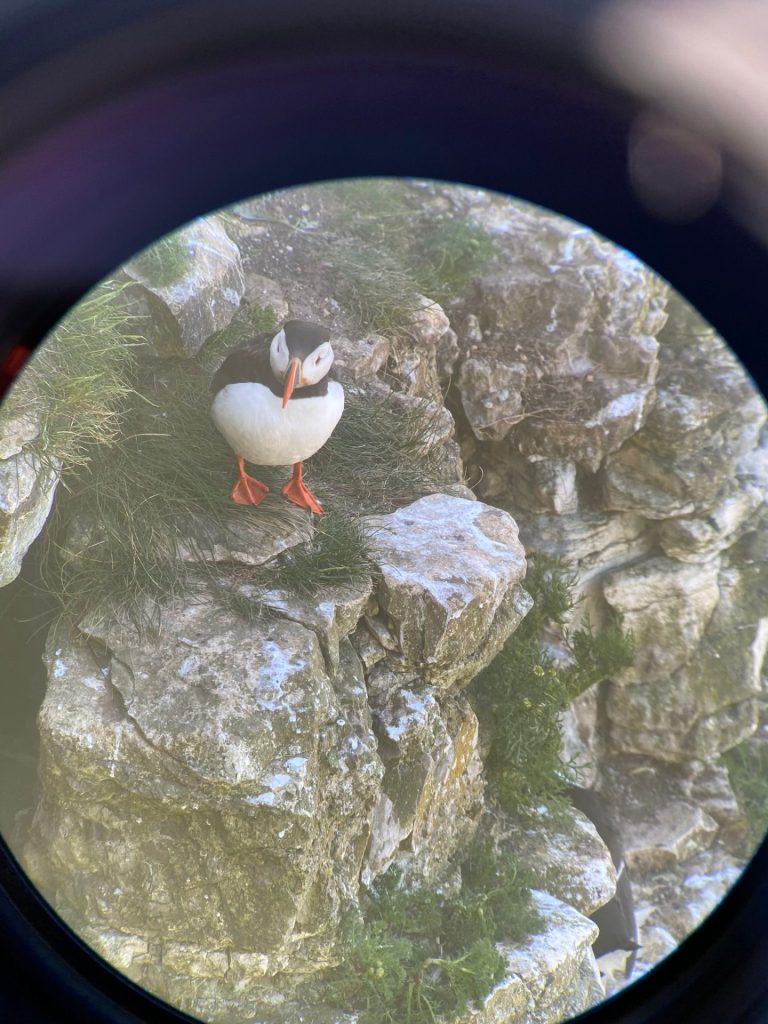
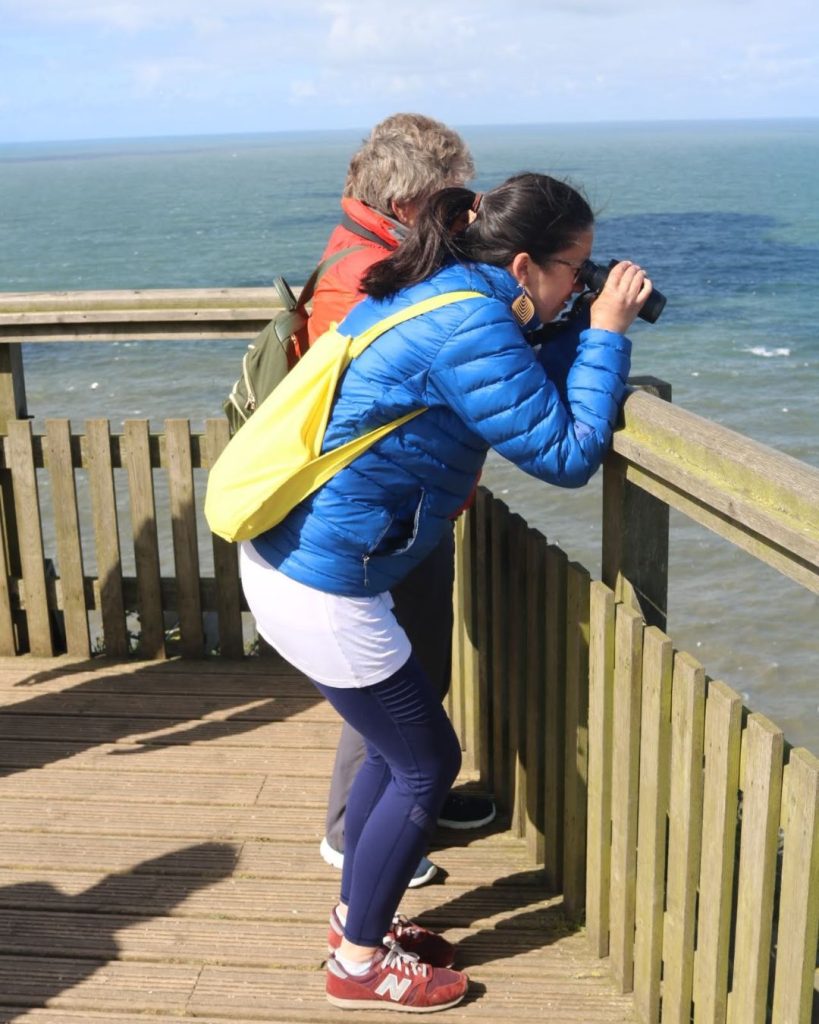
Allison says that for her “the WMR wellbeing days helped each of us reconnect with the natural world and reflect with one another. They allowed space for personal connection to be cultivated in a way that was both held and shaped by our organizational doula: a much more positive situation than any ‘afterwork drinks’”.
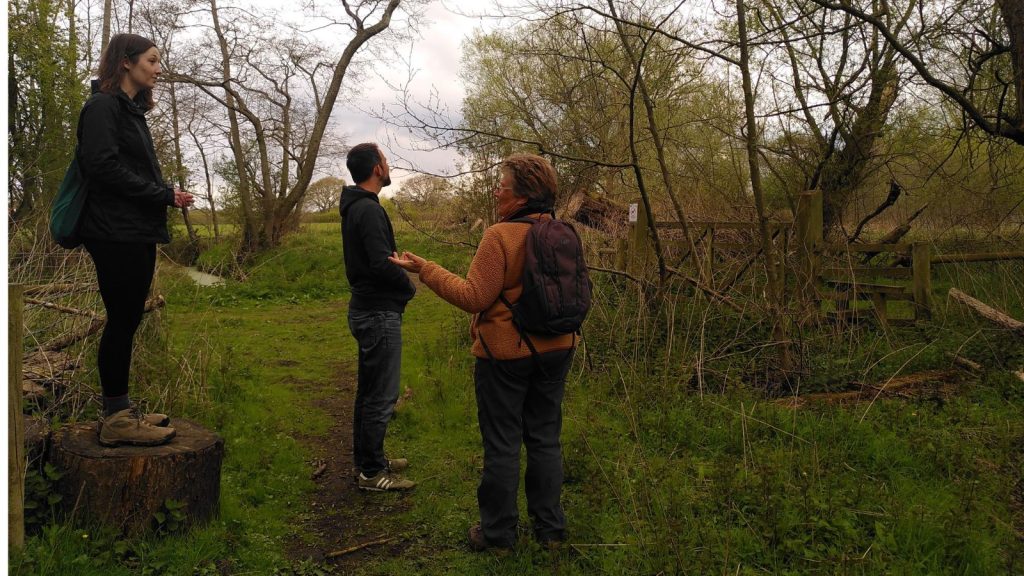
Sophia herself comments: “Participating in the wellbeing days has been such a delight. Especially as we dreamed them up around the time of the pandemic. Being intentional as a team, taking trips out to spots of local wildness has been really restorative. My brain feels like it’s constantly whirring away and I’ve noticed that it calms down more and our conversations are much more expansive than what’s next on the to-do list. I’ve been keen to address my “plant blindness” ever since I learnt the term and the experiential learning is really working!”
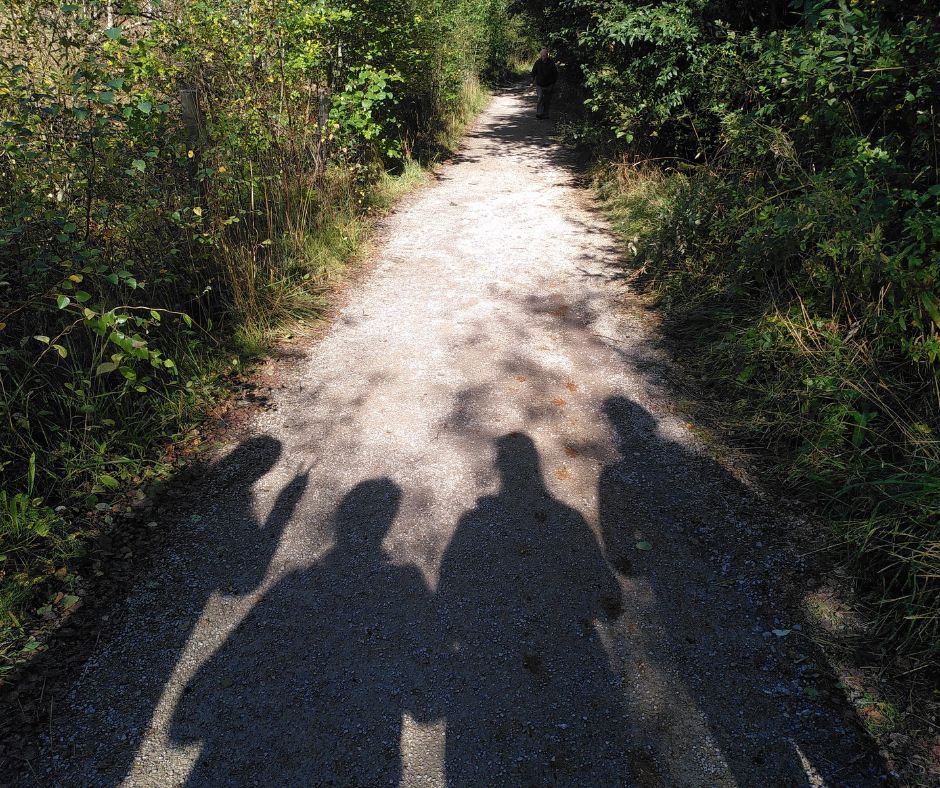
We often call our outdoor activity a Wellbeing Walk, and you can read more about those in general here, and for one specific Autumn Equinox WMR walk (though primarily from my point of view) you can read more here.
As well as the diaried-in wellbeing days or one-to-one sessions I offer, I also send occasional inspirational or motivational offerings. Sometimes I’ll send links to relevant work-focused matters that I think are of interest to or might have been missed by a particular Rooter, but apart from occasionally sitting in on an operational meeting between Sarah and Sophia, mostly as an observer, I do not involve myself in operational matters.
The work I do with WMR continues to evolve.
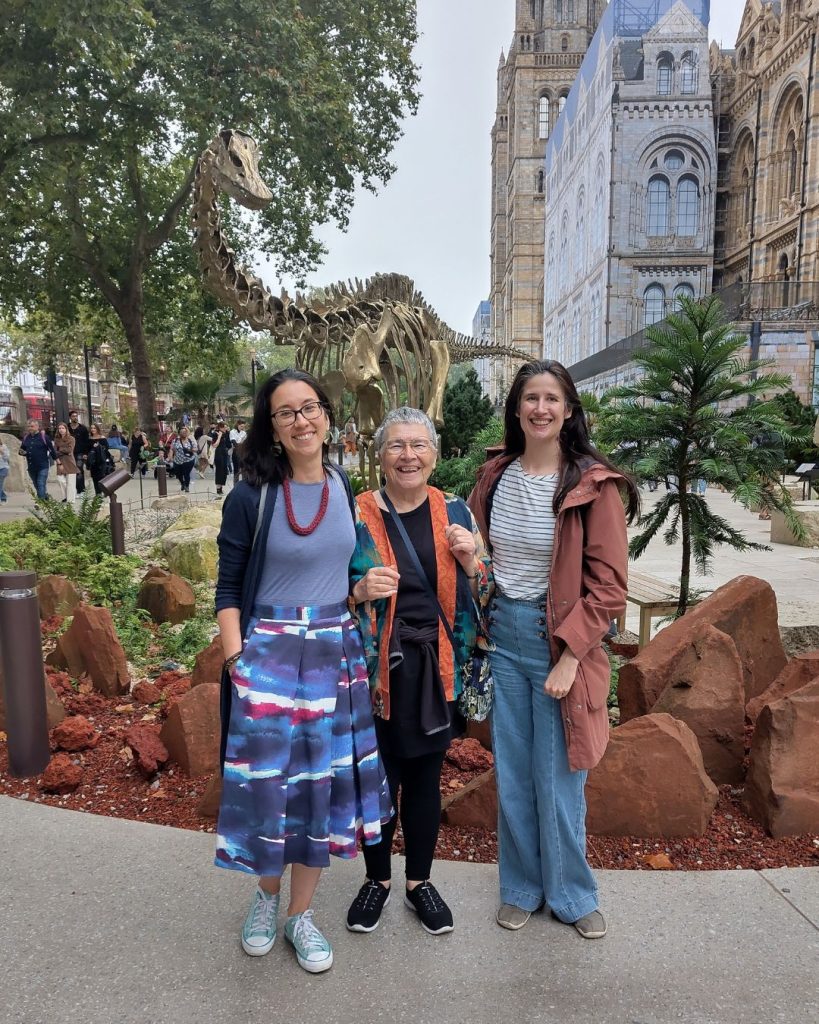
Read Part 3: Beyond the measurable and tangible here.
